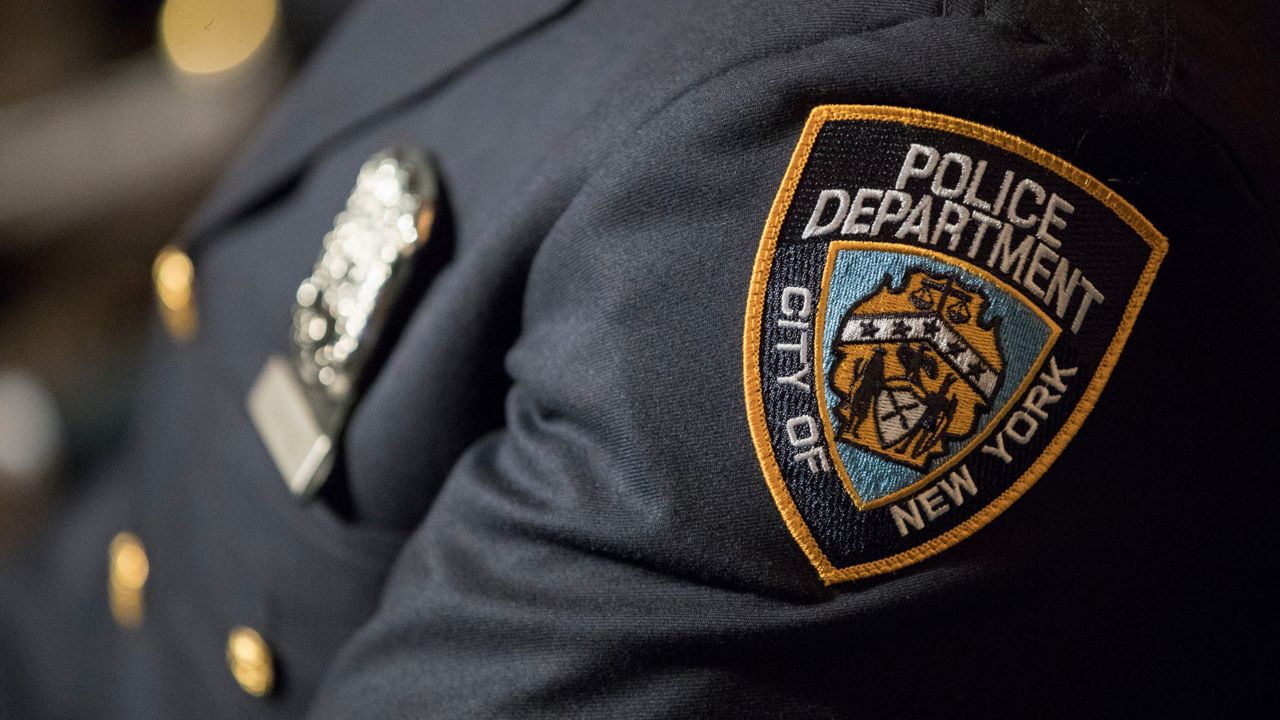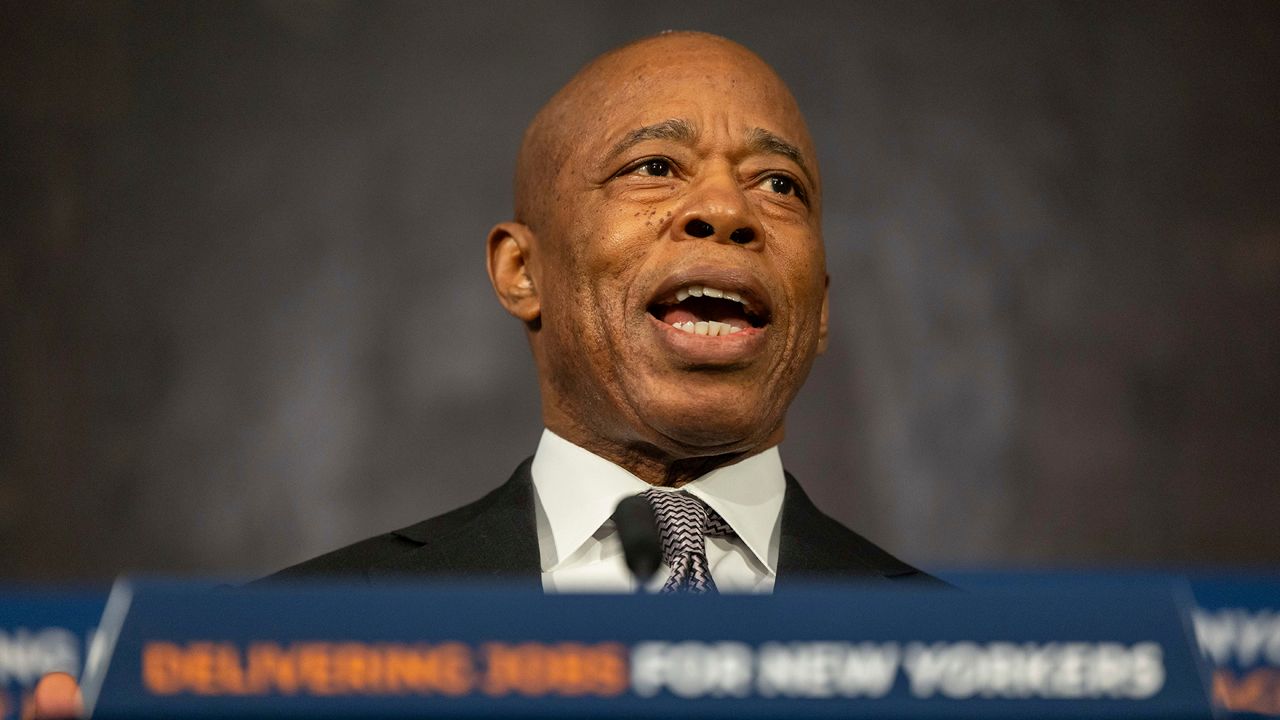MANHATTAN — New York City’s police oversight agency made public on Thursday its database of police disciplinary records that have been kept secret for decades, following a legal battle over public access to them.
The records, published online by the Civilian Complaint Review Board, include information on complaints for more than 83,000 active and inactive NYPD officers, the CCRB said in a press release.
The records do not include documents like complaint narratives, which must be sought under the state’s Freedom of Information Law, or papers related to disciplinary actions started or investigated within the NYPD, such as for corruption or off-duty criminal conduct. The records show the incident date, complaint type, penalty imposed and other information.
The records can be indexed by rank, precinct, shield number, name and number of substantiated complaints.
The city is set to release other disciplinary records long-shielded by 50-a next week, including internal NYPD records and complaints for correction officers and firefighters.
The city received clarification from a federal appeals court Wednesday that release of the records could begin immediately, Mayor Bill de Blasio said at a press conference Thursday morning. The court had rejected police unions’ attempts to keep the records sealed in February.
“This is a day we’ve all been working for for a long time,” de Blasio said, citing the support for changing the law from current and former NYPD commissioners, who he said considered the law an impediment to building public trust with the department.
The city had previously withheld releasing the records despite requests from the public, from legislators and from journalists to release them, citing the litigation from the police unions.
The battle over the court records began last summer, when New York’s state legislature repealed the law that shields police disciplinary records from public view, known as 50-a, largely in response to nationwide protests over systemic racism and police brutality after the police killing of George Floyd in Minneapolis, Minn.
News outlets and civil liberties groups, including the American Civil Liberties Union, have already released hundreds of thousands of disciplinary records. The full records ruled on by the appeals courts include all disciplinary records for city police officers, firefighters and corrections officers.
“We would have released a long time ago but for the court case brought by the unions,” de Blasio said. “The court has been clear: we are absolutely cleared to release, and that release will begin immediately.”
You can visit the CCRB’s database here.








_Dnt_MTA_Fare_Gates_Clean)